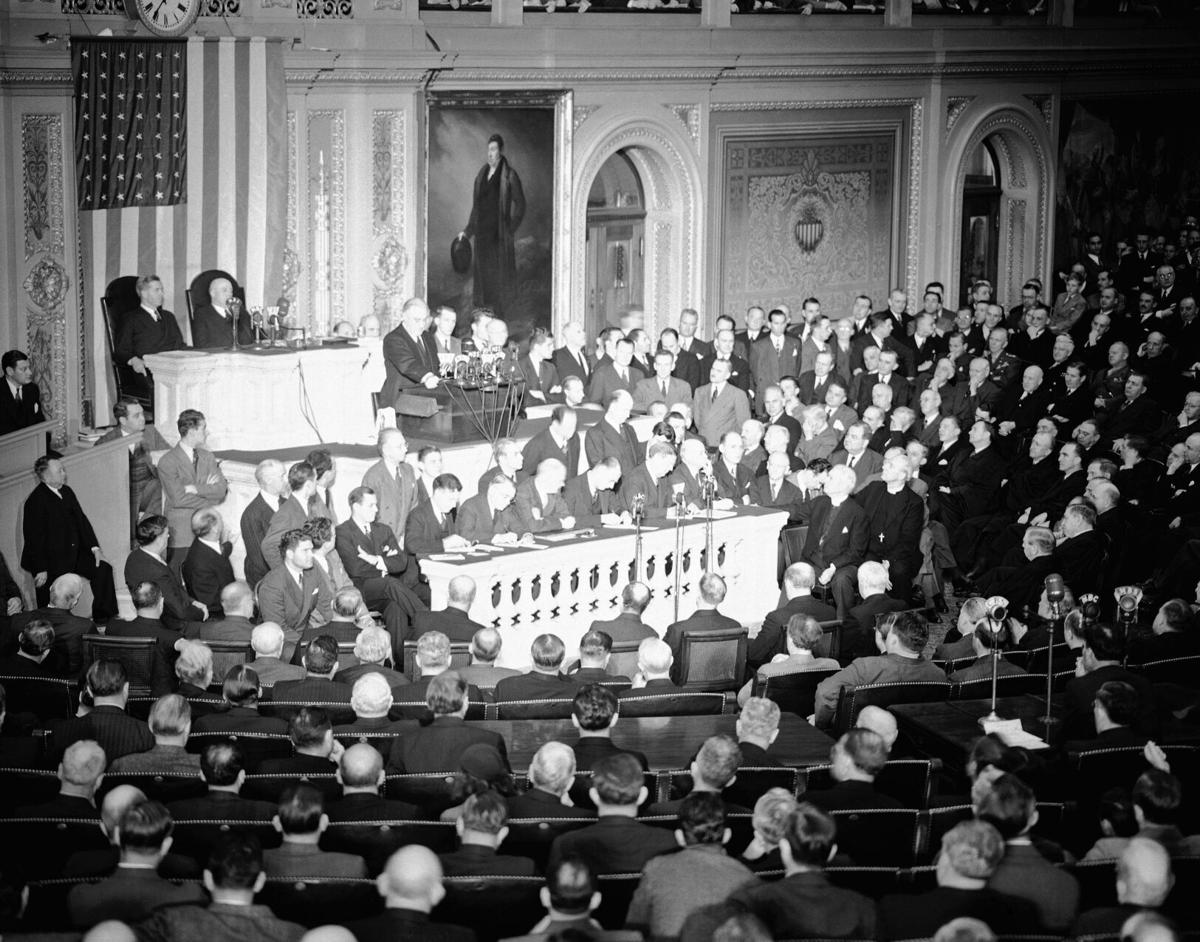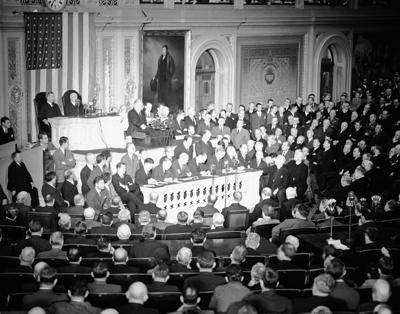I was in Vietnam, minding my own business and trying to ignore the culture wars raging in America, when word drifted down that National Guard troops had shot and killed four students during an anti-war protest at Kent State.
That’s heavy, my friends and I said to one another. We had reason to look askance at both groups. Some of the anti-war protesters associated us with the war — maybe that was reasonable — and were rooting against us. They chanted, “Hey, Hey, Ho Chi Minh, the NLF is gonna win.” The NLF was the National Liberation Front, which was, I think, the Viet Cong. At any rate, it wasn’t us.
On the other hand, the National Guard troops were draft dodgers. In those days, N.G. stood for Not Going.
I had friends in both groups. It was impossible to be young then and not know people who opposed the war. Also, it was impossible to not know people who were dodging the draft. In fact, the net landed on me only because I flunked out of college.
People are also reading…
Times have certainly changed. The three presidents of my generation — Bill Clinton, George W. Bush and Donald Trump — were all draft dodgers. With no draft, the Guard has become a more integral part of the military, and a former Guardsman is now Secretary of Defense. Also, the Marines were recently deployed to Los Angeles.
During training at Camp Pendleton, we used to deploy ourselves to Los Angeles to pick up girls. Our missions were mostly unsuccessful.
I am not complaining. The Marine Corps gave me more than I gave it. I maintain regular contact with three friends from those long ago days. I came home from Vietnam with no psychological scars — except, perhaps, empathy overload.
When Russia invaded Ukraine, I rooted for Ukraine, but I empathized with the Russian conscripts on the trucks rolling into a foreign country. What did those guys know about any of this? Nothing.
I was sickened by the savagery of the Hamas incursion into Israel, but I empathized with the people in Gaza who didn’t have the political connections to find safe harbor in the tunnels. They suffered terribly. They still do. I empathized with the Israeli soldiers who fought their way into Gaza and I empathized with the young Palestinian men who fought them.
Years earlier, I had visited Northern Ireland and made a pilgrimage to the Orange Lodge of my ancestors near Belfast. I drank Bushmills with protestants and Jameson with Catholics. I realized that had I been born in Belfast, I would likely have been a member of a militia, perhaps the notorious Shankill Protestant Boys. Unless, of course, I had been born a Catholic. Then I’d likely have been in the IRA.
Except for a few rare souls, we are who we’re supposed to be.
A friend called the other night. “Are you watching the news?” he asked. “No,” I said. “Turn it on,” he said.
The United States had just bombed nuclear facilities in Iran. The president said the operation had been successful.
“And most importantly, I want to congratulate the great American patriots who flew those magnificent machines tonight and all of the United States military on an operation the likes of which the world has not seen in many, many decades,” he said.
I realized he was talking about Pearl Harbor.
The Japanese completely outsmarted us. They fooled us by pretending to negotiate. We were hostiles, of course, but as long as negotiations were ongoing, we didn’t think they’d attack. It was a brilliant plan and carried out flawlessly.
Of course, that is not the way we saw it then.
“A date which will live in infamy,” President Roosevelt called it.
On the night of President Trump’s announcement, I wondered how I would have felt the day after Pearl Harbor had I been an old Japanese guy. I’d have been greatly impressed by the planning and by the pilots who carried out the daring raid. I might have noted with pride that we didn’t bomb civilian targets.
That’s exactly the way I feel now.
Plus, I’m convinced that the world is a safer place without the mullahs having nuclear weapons.
But I also sense that the America in which I grew up is no more. We’ve changed. We were the toughest kid on the playground in my youth, but we never sucker-punched anybody.
I have read stories about the way we reacted to the sneak attack by the Japanese. Young men stood in line to enlist. It didn’t matter how they felt about FDR. Their anger had noting to do with politics. They wanted payback.
I’d be willing to bet that some young Iranians — and perhaps others in the wider Arab world — are feeling the same way. They probably remember what a couple of dozen guys with box-cutters accomplished not so long ago.
I’m trying hard not to empathize with them.












